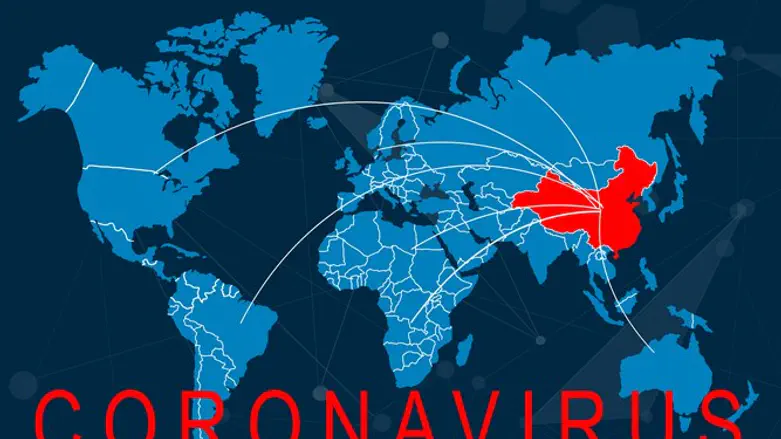
While they welcome the rollout of vaccines to combat the novel coronavirus, medical experts from the World Health Organization (WHO) are sounding a note of caution, warning that the current epidemic is “not necessarily the big one,” and that countries should be devoting time and resources to preparing for the next epidemic, which is certain to arrive sooner or later.
Speaking at the WHO’s final media briefing for 2020 this week, Dr. Mark Ryan, head of the WHO’s emergencies program, said, “This pandemic has been very severe … but it is not necessarily the big one. This is a wake-up call. We’re learning how to do things better – science, logistics, training … but we live in an increasingly complex global society. These threats will continue.”
Also speaking at the briefing was British epidemiologist Professor David Heymann, chair of the WHO’s strategic and technical advisory group for infectious hazards, who stressed that despite the advent of vaccines, Covid-19 is here to stay.
“The world has hoped for herd immunity, that somehow transmission would be decreased if enough persons were immune,” he said. However, “it appears the destiny of SARS-CoV-2 [Covid-19] is to become endemic, as have four other human coronaviruses, and that it will continue to mutate as it reproduces in human cells.”
In the past few weeks alone, three new mutations of the novel coronavirus have been detected, in the UK, Denmark, India, South Africa, and other parts of the world. While vaccine scientists are optimistic that the products already being distributed will prove effective against these viral variations, studies proving this to be the case are still underway and have yet to show results, as WHO experts noted. Furthermore, a mutation discovered very recently in India has displayed the ability to reinfect people who had recovered from a previous case of coronavirus, and this particular mutation has already been found in around a third of the genomes analyzed in one Indian province, indicating that it is spreading fast.
Referring to mutations, WHO director general Tedros Adhanom Ghebreyesus said that one of the challenges for 2021 would be dealing with “new variants of Covid-19.” We now have “safe and effective vaccines,” he added, “and the WHO will not rest until those in need everywhere have access to them.”
However, both Dr. Ryan and WHO chief scientist Dr. Soumya Swaminathan emphasized that vaccines were unlikely to eliminate Covid-19. “The likely scenario is the virus will become another endemic virus that will remain somewhat of a threat, but a very low-level threat in the context of an effective global vaccination program,” Dr. Ryan said.
“It remains to be seen how well the vaccines are taken up,” he added. “The existence of a vaccine, even at high efficacy, is no guarantee of eliminating or eradicating an infectious disease. That is a very high bar for us to be able to get over … [it’s something of a] moonshot to potentially be able to eliminate this virus.”
He and Swaminathan both focused on using vaccines to protect the vulnerable, and played down the likelihood of measures such as mask-wearing and social distancing becoming things of the past.
“I don’t believe we have the evidence on any of the vaccines to be confident that it’s going to prevent people from actually getting the infection and therefore being able to pass it on,” Swaminathan said. “So I think we need to assume that people who have been vaccinated also need to take the same precautions.”
“Fortunately, we have tools to save lives, and these in combination with good public health will permit us to learn to live with Covid-19,” Professor David Heymann concluded.

